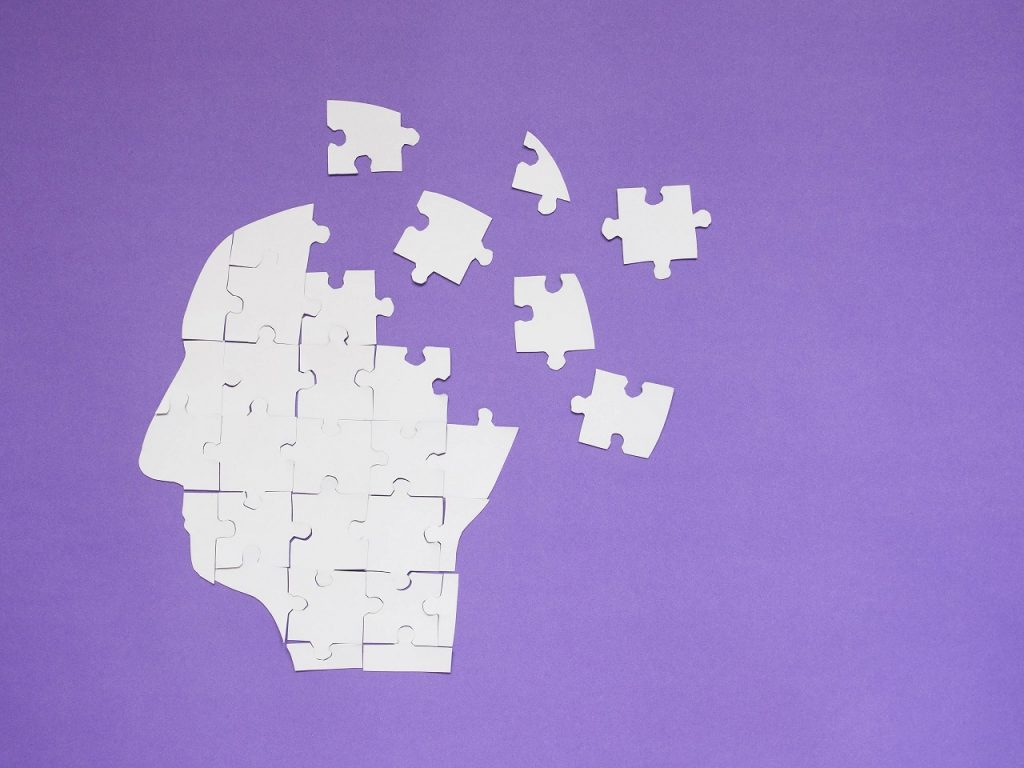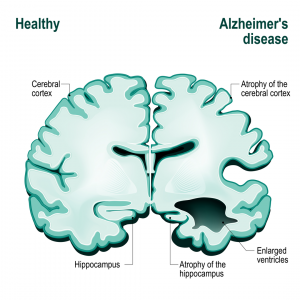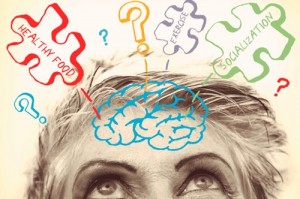 If you’ve read ‘The Notebook’ by Nicholas Parks, later adapted into a film by the same name, you might have a fair idea of what Alzheimer’s really is. The book is centered around Allie and Noah, an all-time romantic couple. There’s a beautiful scene in the film where Noah, who is an old man now, narrates a story to Allie about a couple and how their love blossomed through hardships. Amazed by this story, Allie only realizes later that this story is about them. Noah read this to her as he had promised before the disease set in. The disease was Alzheimer’s!
If you’ve read ‘The Notebook’ by Nicholas Parks, later adapted into a film by the same name, you might have a fair idea of what Alzheimer’s really is. The book is centered around Allie and Noah, an all-time romantic couple. There’s a beautiful scene in the film where Noah, who is an old man now, narrates a story to Allie about a couple and how their love blossomed through hardships. Amazed by this story, Allie only realizes later that this story is about them. Noah read this to her as he had promised before the disease set in. The disease was Alzheimer’s!

Alzheimer’s is a progressive neurological disorder which results in memory loss, personality changes, global cognitive dysfunction and functional impairments. It is the leading cause of dementia in the elderly. The disease begins at a slow rate. Initially, it captures the brain and slowly overcomes human thoughts, activities, and language as well. People start having trouble in remembering things and the one evident sign is forgetting the names of people.
What Causes Alzheimer’s?
The exact etiology is unknown, but a few risk factors can be marked out.
- Age: Incidence and prevalence increases after the age of 60
- Family History: First-degree relatives at greater risk
- Genetic: ApoEepsilon 4 gene
- Lack of Sleep
- Regular and high consumption of junk food
Clinical Features
- Progressive memory loss and decline of higher mental functions
Example: problem-solving small issues, confusion in time, date and month, the problem faced in doing family activities of daily routine, misplacing things, poor judgment and problem in speaking and writing as well - Difficulty in naming and understanding what others are speaking
- Apraxia: The inability to carry out skilled motor activities, inability to recognize objects, places and people
- Behavioral changes: Agitation, aggression, wandering and persecutory delusions, loss of insight, depression
- Loss of inhibition leading to inappropriate social behavior
- In advanced stages, a person may be mute, inactive and can succumb to different infections
- Inability to recognize color and visual picture
- In case there is an underlying cause, additional clinical features may be present
Management
The most important management for Alzheimer’s is support – Physical, mental and moral support from family members and caregivers.
- Antioxidants (Vitamin E) can slow the decline of cognitive function
- Drugs like anticholinesterase inhibitors (like donepezil, rivastigmine, galantamine), memantine, N-methyl-D aspartate (NMDA) receptor antagonist
- Ginkgo biloba, a plant extract has been shown to be useful
- Treatment of the underlying cause, if any

Alzheimer’s and Ayurveda
According to the principles of Ayurveda, Alzheimer’s is caused as a result of the imbalance in vata – this imbalance is quite common as a person begins to grow in age. It affects the vata – in the tissues of the central nervous system of the body – mainly the brain which then slowly becomes imbalanced.
Treatment begins with a Vata balancing diet. Withania Somnifera (Ashwagandha) in the powdered form along with either ghee or milk is included in the patient’s daily diet. This helps charge and soothe the Vata. Herbs such as Brahmi and Ashwagandha that serve as nerve tonics are mainly used.
An oil massage daily, prior to a bath is also considered significant in this form of treatment. Ayurveda specialized preparations for Alzheimer’s treatment that are made from rice have proved highly beneficial to the patients besides providing the required nutrients to the old age person.
How Can Turmeric Help?
Turmeric or Haldi, as it’s known in Hindi, is a part of almost every Indian recipe. It is known all over the world for its antibacterial, anti-inflammatory, anti-tumor, anti-spasmodic, anti-allergic properties and hence is used in medicines, cosmetics etc.
Curcumin that is found in turmeric has radical scavenging properties thereby preventing damage that can be caused to the cells of our body by free radicals. Alzheimer’s alleviation could be based upon the ability of curcumin to combat the development of amyloid plaque (accumulation of protein) in the brain leading to inflammation and impairment of cells.
Prevention
There’s no real guarantee when it comes to preventing Alzheimer’s. The only way to minimize your chances is by living a healthy and balanced lifestyle.
- Make sure you don’t stop learning new things. Continuous learning like a musical instrument, a new language or any subject that you didn’t have knowledge about keeps the memory intact.
- Forget your phone and start memorizing important numbers like bank accounts, mobile numbers, life insurance/investment policy numbers, credit and debit card numbers, passwords and recalling them when needed is an easy way of jogging your memory.
- Make sure you get your hands on challenging puzzles like Sudoku, different crosswords, etc.
- Consumption of antioxidants via diet/supplements is helpful in preserving memory function.
We hope this blog helped you lean more about Alzheimer’s and what we can do in case a loved one is ever affected by it. Do leave your thoughts in the comments below!
For more informative topics, check out Healthy Reads or speak to an expert by subscribing for Personalised Health Coaching here.
#BeTheForce
 “Psychache” – It is a term coined by experts studying suicide. It refers to the unbearable psychological pain experienced by people, who consider suicide. Contrary to popular belief, suicide is less about attention seeking, manipulation or selfishness and more about an attempt to save oneself from excruciating pain (mostly psychological). People in the throes of suicide ideation, engage in such thinking especially when they are flooded by feelings of guilt, shame, worthlessness, inadequacy, social exclusion, anxiety, humiliation and ending their own life seems like the only way to save themselves from what appears to be inescapable suffering.
“Psychache” – It is a term coined by experts studying suicide. It refers to the unbearable psychological pain experienced by people, who consider suicide. Contrary to popular belief, suicide is less about attention seeking, manipulation or selfishness and more about an attempt to save oneself from excruciating pain (mostly psychological). People in the throes of suicide ideation, engage in such thinking especially when they are flooded by feelings of guilt, shame, worthlessness, inadequacy, social exclusion, anxiety, humiliation and ending their own life seems like the only way to save themselves from what appears to be inescapable suffering.



